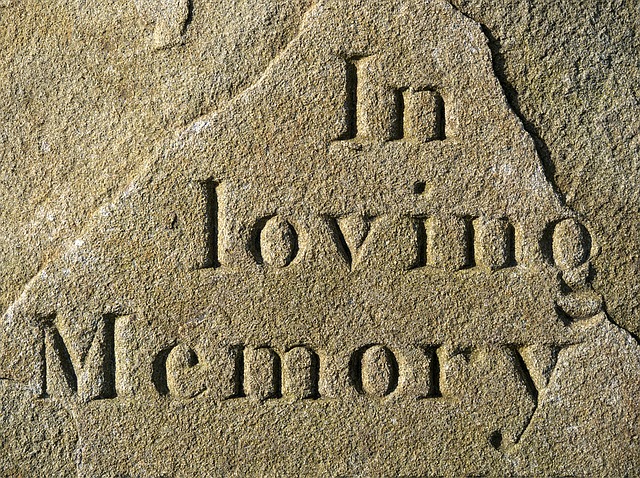The 5 Stages of Grief

Psychiatrist Elisabeth Kubler-Ross coined the “5 stages of grief” in 1969. It is important to remember that we do not always experience the stages in a straight linear fashion. You may enter one stage, then jump to another, then back again to the first stage. Stages may come and go in a matter of minutes, days, weeks, or months, and can still be triggered by a memory years later.
Denial
This the the first and most overwhelming of the stages of grief. Shock and denial are present, and we tend to ‘go numb’ to the world around us. Denial helps us deal with the shock of loss by parsing out our grief into only what we can handle in a given amount of time. As the shock fades, so does denial. This is when the more devastating feelings begin to surface.
Anger
While necessary to the healing process, this stage is frustrating and sometimes seems as there is no end in sight. You could feel angry at your family, your friends, doctors, the person who left, yourself, and God. Anger is a way to give shape to the emptiness of loss. It is actually a powerful healing tool, even if it seems destructive. In the first stage of grief, you feel weightless, empty, and directionless. Directing anger towards something anchors you back to reality, and gives you something to hold on to. This is when you start coping.
Bargaining
Bargaining might appear before the actual loss occurs as well as after. In most cases where bargaining is present before the loss, the loss is anticipated. For example, illness, foreclosure, or divorce proceedings. After a loss, ‘what if’ statements pop up. This is the stage where we miss how life was before the event transpired. We think about what could have happened, if only we found the illness sooner, worked less, and slowed down. Guilt and bargaining go hand-in-hand. In this stage, you remain rooted in the past, trying to control the outcome of something that cannot be changed. You try to negotiate your way out of the pain.
Depression
While in the bargaining stage, your mind sticks to the past. Once your attention turns to the present, depression sets in. Grief evolves into a deeper level, and sometimes this stage can seem as if there is no light at the end of the tunnel. Depression, while mourning, is completely normal, and it is even expected. It is an appropriate response to loss. As you withdraw from the people around you, you may start to wonder about the meaning of life and your purpose. This may be the hardest stage to come out of, as you move on to acceptance. As mentioned before, there is no right or wrong way to process grief, and depression is a natural part of the process.
Acceptance
In the final stage – acceptance – we start to recover from the shock, and the pain starts to change into something bearable. People with high emotional intelligence may enter this stage sooner than others. This stage is realizing that the new reality of life without that person is a permanent one, and one that cannot be changed. You begin to live your life again as you accept this new reality. Most people begin this stage with attempting to live the same life they did before the loss, which is impossible and ultimately leads to more pain. Little by little, you start to readjust. You start to change roles and responsibilities to yourself or others. Acceptance may be present most days, but it is possible to revert back to one of the previous stages of grief at times. Grief is a fluid process with no set timeline.

